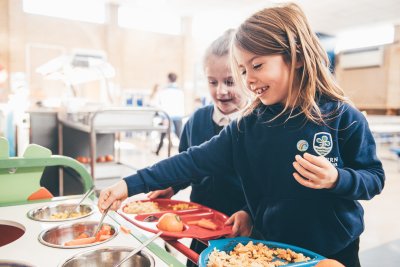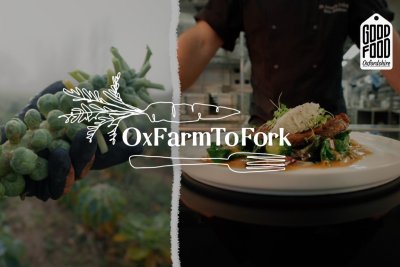The Agriculture and Horticulture Development Board (AHDB) is a behind-the-scenes organisation, funded by a compulsory levy charged to farmers and growers, which promotes agricultural efficiency by commissioning research, providing advice and promoting farm-level knowledge sharing.
Its latest report analyses the possible impacts of EU exit on the agricultural (and supply chain) workforce, which as the report confirms is heavily dependent on migrant workers from the EU.
Reliable figures are hard to come by, but the report pulls together data from a range of sources to suggest that in agriculture alone, about 22,500 regular (i.e. not temporary) workers are EU nationals -- about 20% of the workforce. Added to these are temporary or seasonal agricultural workers, who are not systematically counted. Until 2012, when it ceased to operate, the Seasonal Agricultural Workers Scheme supplied 21,000 workers each year, latterly from Romania and Bulgaria.
Beyond agriculture, ONS data shows that in 2014 migrants (not exclusively from the EU) accounted for 38% of the workforce in food manufacturing, the highest percentage of any sector. And the report also cites research from other sources demonstrating high numbers of migrant workers along the whole food supply chain, including retail and hospitality.
The report identifies two major risks from this dependency. If unilateral trade agreements opened up new potential markets for agricultural produce, a shortage of appropriate labour could mean that higher wages and the resulting increased cost of production would have negative impact on the UK’s productivity and competitiveness. If this happened at the same time the UK opened up to free trade and new low-cost competition from emerging markets, some UK-based businesses could find it even harder to compete.
The report therefore suggests a number of measures that could be introduced to safeguard labour supplies in the future. Read the full report
here, and find out more about Sustain's work for a greener, fairer food supply
here.
Published Friday 7 October 2016
Sustain: Sustain The alliance for better food and farming advocates food and agriculture policies and practices that enhance the health and welfare of people and animals, improve the working and living environment, enrich society and culture and promote equity.





